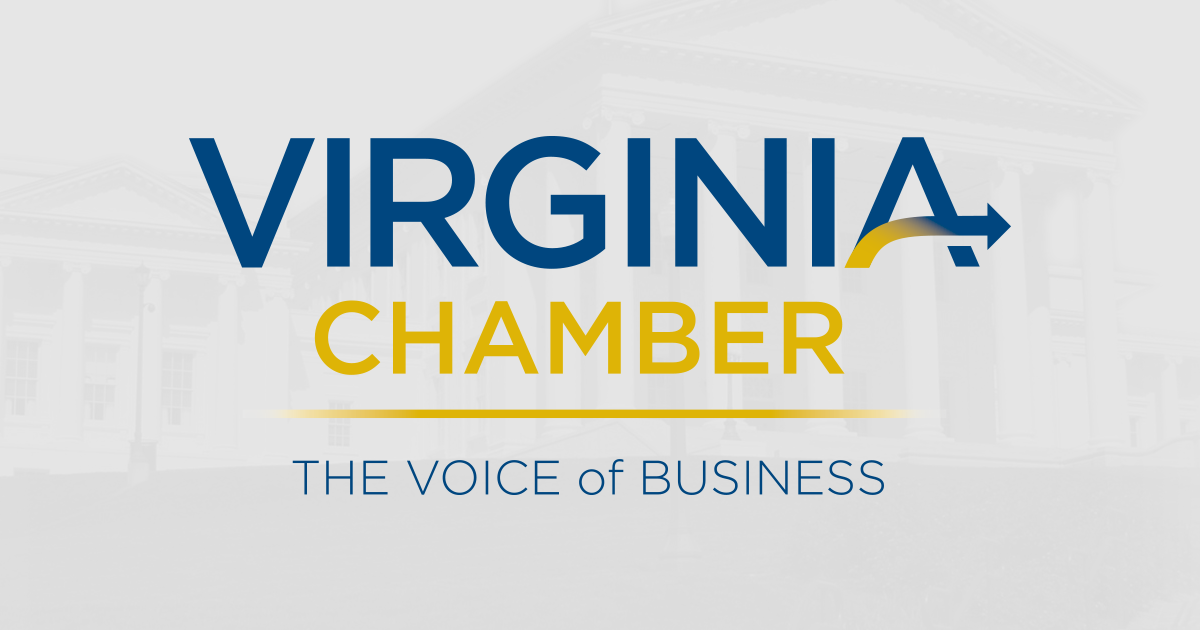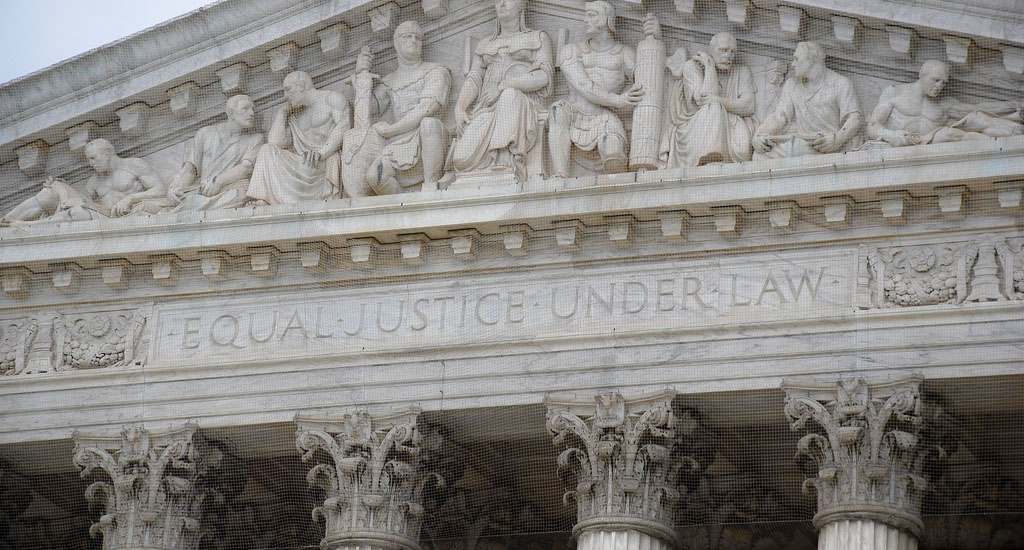With 83% of Virginians seeking a solution and 72% of all Republicans in favor of extending health care coverage to the uninsured, there is strong positive movement in that direction as the Virginia Chambers of Commerce are renewing their support for a solution on providing support to 400,000 uninsured Virginians, re-iterating estimates from Richmond-based Chmura Economics & Analytics that such a solution would kickstart a $3.5 billion boost to Virginia’s economy.
The total economic impact from increased coverage in Virginia would average $3.5 billion and 26,500 jobs over a five year period, according to Chmura’s 2015 economic impact survey — positive economic results that are nine times greater than if the Commonwealth opts not to increase health care access for the uninsured.
It is also estimated Virginia would realize millions in state budget savings over the next several years, totaling nearly $131 million in net savings through state fiscal year 2022.
“From a business perspective, health care doesn’t have to be a partisan issue. Employers are concerned about running effective and efficient organizations,” said Chamber RVA President and Chief Executive Officer Kim Scheeler. “One challenge many local business leaders have encountered in recent years is rising health insurance costs, which can squeeze employers and employees alike. Taking advantage of policies and funding available to relieve that pressure makes good business sense.”
“We value local businesses and their important role in the fabric of our community and our economy,” added Beth Rhinehart, President and Chief Executive Officer of the Bristol Chamber of Commerce. “That includes health care providers, which are not only some of the top employers in the Commonwealth, they are also top employers in many of Virginia’s rural communities. Our health care providers have an unfunded mandate from Washington to treat all people, even those without insurance. Helping thousands more Virginians become insured is a step in the right direction to address how charity care ends up costing all Virginians.”
Hampton Roads Chamber President and Chief Executive Officer Bryan K. Stephens noted that the region “appreciates the importance of our health care providers as places that deliver vital medical treatment and as major economic contributors. From 2007 through early 2016, health care and related jobs accounted for the largest employment growth sector in our region, adding nearly 19,500 jobs. And our hospitals in Hampton Roads contribute hundreds of millions in community benefit and employ nearly 25,000 people. Considering all those contributions, it is important for policy decisions to take into account the invaluable economic role of our health care providers.”
“In Northern Virginia, hospitals and health care providers are not only vital to our economy and public wellbeing, they are key partners in driving the innovation that defines the 21st century economy,” said Northern Virginia Chamber of Commerce President and Chief Executive Officer Jim Corcoran. “That’s why it is critical to advance public policy that maintains our health care sector as a vital and vibrant contributor to our state and regional economy.”
Roanoke Regional Chamber President and Chief Executive Officer Joyce Waugh noted that “a healthy workforce with fewer work days lost to illness or injury is a productive workforce, which is a good thing for workers, their families, and employers. This year, Virginia has an opportunity to develop a fiscally responsible plan to cover thousands of uninsured Virginians in a way that protects and improves the economy in which we all participate. Like any business leader would, we encourage policy makers to evaluate the facts and develop solutions that are good for the public, our economy, and the Commonwealth.”
As noted in the TRS Sunday Post, with Kentucky Governor Matt Bevin linking work requirements to health care spending, then-Governor Mike Pence succeeding in block granting funding in Indiana, and Senator Rand Paul (R-KY) pushing for the truly market-oriented position championed by none other than Virginia’s Ed Gillespie — the possibility (and drumbeat) of real movement on a Virginia health care solution could very well be on the horizon.







